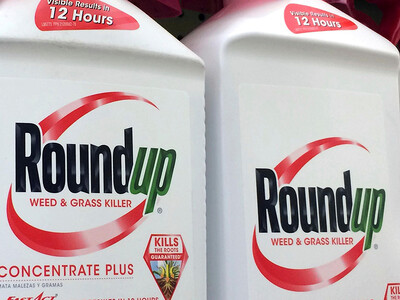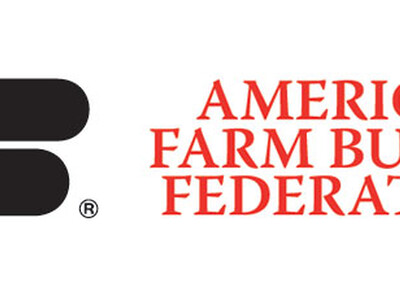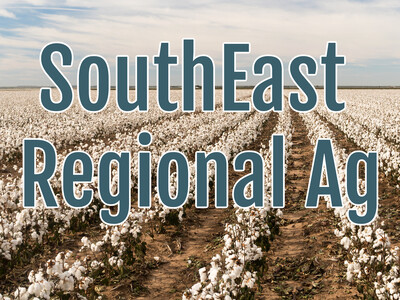Winter bird feeding
Turn your backyard into a bird B&B with these helpful wintertime bird-feeding tips.We all know that neighbor that takes bird feeding to Olympic games-level extremes. With tree limbs sagging under the weight of countless feeders and a back lawn that looks like it was ripped straight from Augusta Country Club, they stand out on their back porch with arms outstretched as a myriad of birds swoop in to feed directly from their palms.
That may be a bit of an exaggeration, but you don’t need to be Snow White to attract backyard birds. Many species — including finches, chickadees, jays, nuthatches, sparrows, doves and more — may very well settle on your backyard bed and breakfast with a proper bird-feeding setup this winter.
Usually, feeding wild animals is not a smart move. Feeding birds, however, is a special case, since they don’t often become dependent on feeders alone, and instead use feeders to supplement their daily natural diet. Winter feeding also gives a little assistance to our feathered friends during the harsh, colder months.
Here are a few ways to spice up your bird-feeding buffet and enjoy an enchanting opportunity to observe wildlife right in your own backyard.
Seed. It’s what’s for dinner
Before you go hanging your feeder (or feeders) all across your backyard, you’ll need some seed. Depending on the types of birds you’re hoping to attract, there are many feed and feeder options available. For instance, hanging-style feeders can attract songbirds, such as house finches, chickadee, jays, nuthatches and others. Thistle feeders can bring goldfinches, siskins and house finches, and suet can attract woodpeckers, chickadees and nuthatches.
There are many kinds of birdseed out there on the market. Be sure to source your birdseed from reputable sources to avoid dust, insects, weed seeds or any other impurities from making their way into your feeder. Black-oil sunflower seed is a favorite of many species. Millet and cracked corn are favorites for many ground-feeding birds. Finches and siskins love nyjer thistle.
To avoid freeloaders like squirrels, rats and mice ruining your supply, store birdseed in tight, waterproof containers. This will also help prevent mold.














